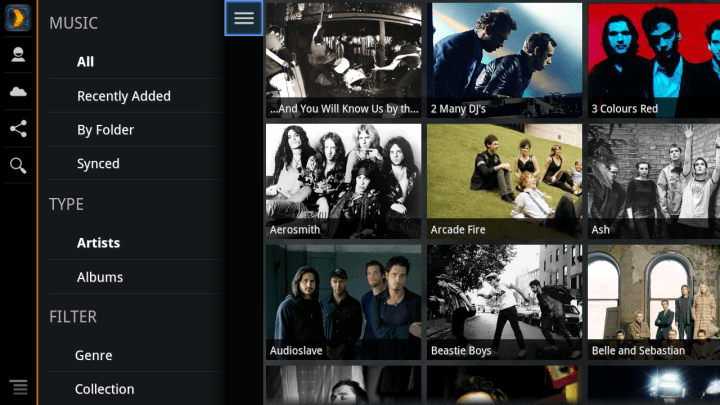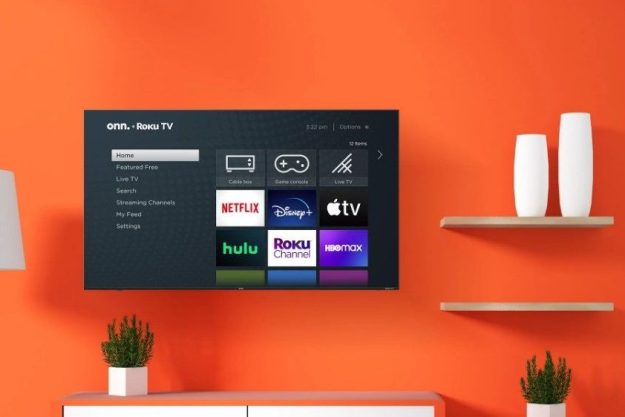
Announced on its blog, Plex says that Plex Home has been over two years in the making, and that it aims to bring fine-grained parental controls and more to users by moving server management to its Plex web app. Users will now be able to easily specify exact content ratings accessible by all their friends and family. It is important to note that some basic Multi-user features and Now Playing features will be available to anyone who uses the free version of Plex, but the really good stuff will be limited to Plex Pass holders. Recently, Plex hiked up Plex Pass rates, and they are now as follows: $4.99/month, $39.99/year, and $149.99/lifetime.

What’s the “good stuff” we refer to? For one: Label-based sharing will make specifying who can see which content extremely easy. For example, you could choose to share only certain family videos with your parents and in-laws, and share only your recently-acquired Miles Davis box set collection with your jazzer buddy.
Managing content for those living in the home in which Plex is hosted will also be made extremely easy, especially for those kids who don’t have a username, email, or password. Plex promises switching between users will be extremely quick, and that PINs will only be required where specified. So, for instance, those under 13 in the home would be able to access their approved content by simply selecting their profile, not additional actions needed, while accessing Dad’s account will require the use of a PIN as a password.
Finally, Plex promises access to any of the apps that come with a Plex Pass for everyone in the home. This should come in useful for those in a single home that operates separate Roku accounts, or those who opt to use several different kinds of media streaming hardware, such as the Google Nexus Player, which requires users to have a Plex Pass if they want access to Plex at all.
Just chalk this up as one more reason to choose Plex as a media server, and perhaps the most compelling reason to throw a chunk of change down for a paid subscription. Plex’s development has always been user-driven, and this is yet another example of its developers answering its supporters’ call.
Editors' Recommendations
- How to use Plex Media Server to watch all of your media
- You can now buy Klipsch’s new WiSA-certified wireless home theater speakers



